| Served in Congress after he was President of the United States | 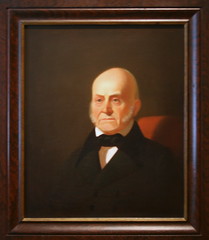 | |
| Former military leader and 7th President of the United States |  | |
| The idea of spreading political power to all the people and ensuring majority rule. | ||
| The practice of giving government jobs to political backers | ||
| He invented a writing system for the Cherokee language. | ||
| Congress passed this act in 1830 which would require the Native Americans to relocate west. | ||
| Oklahoma, parts of Kansas and Nebraska |  | |
| The journey of the Cherokees from their homeland to Indian territory. |  | |
| Seminole leader who resisted the removal of his people from Florida in the 1830s. He died under suspicious circumstances after being tricked into surrendering (1837). |  | |
| South Carolina Senator - advocate for state's rights, limited government, and nullification | 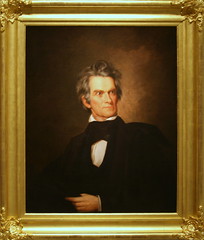 | |
| Tariff passed by Congress in 1828 that favored manufacturing in the North and was hated by the South | ||
| 1832, Calhoun and South Carolina declared a state could suspend federal laws. a right of a state to reject a federal law that it considers unconstitutional | ||
| U.S. Senate debate of January 1830 between Daniel Webster of Massachusetts and Robert Hayne of South Carolina over nullification and states' rights. |  | |
| a senator from Massachusettes and the most powerful speaker of his time who was involved in the Webster-Hayne debate |  | |
| Term that is used when part of a country leaves the rest of the country to form their own country. The South's secession led to the outbreak of the Civil War. | ||
| increased prices for goods and services combined with the reduced value of money | 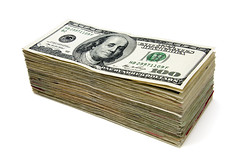 | |
| 8th President of the United States (1782-1862), 8th U.S. President. 1837-1841. Democratic | 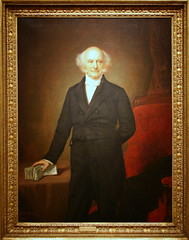 | |
| Widespread fear about the state of the economy. Bank of the U.S. failed, cotton prices fell, businesses went bankrupt, and there was widespread unemployment and distress. | ||
| a long-term economic state characterized by unemployment and low prices and low levels of trade and investment |  | |
| An American political party formed in the 1830s to oppose President Andrew Jackson and the Democrats, stood for protective tariffs, national banking, and federal aid for internal improvements | ||
| 9th President of the United States | 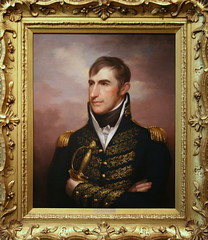 | |
| elected Vice President and became the 10th President of the United States when Harrison died (1790-1862) |  |
Chapter 12 Andrew Jackson
Primary tabs
Need Help?
We hope your visit has been a productive one. If you're having any problems, or would like to give some feedback, we'd love to hear from you.
For general help, questions, and suggestions, try our dedicated support forums.
If you need to contact the Course-Notes.Org web experience team, please use our contact form.
Need Notes?
While we strive to provide the most comprehensive notes for as many high school textbooks as possible, there are certainly going to be some that we miss. Drop us a note and let us know which textbooks you need. Be sure to include which edition of the textbook you are using! If we see enough demand, we'll do whatever we can to get those notes up on the site for you!

